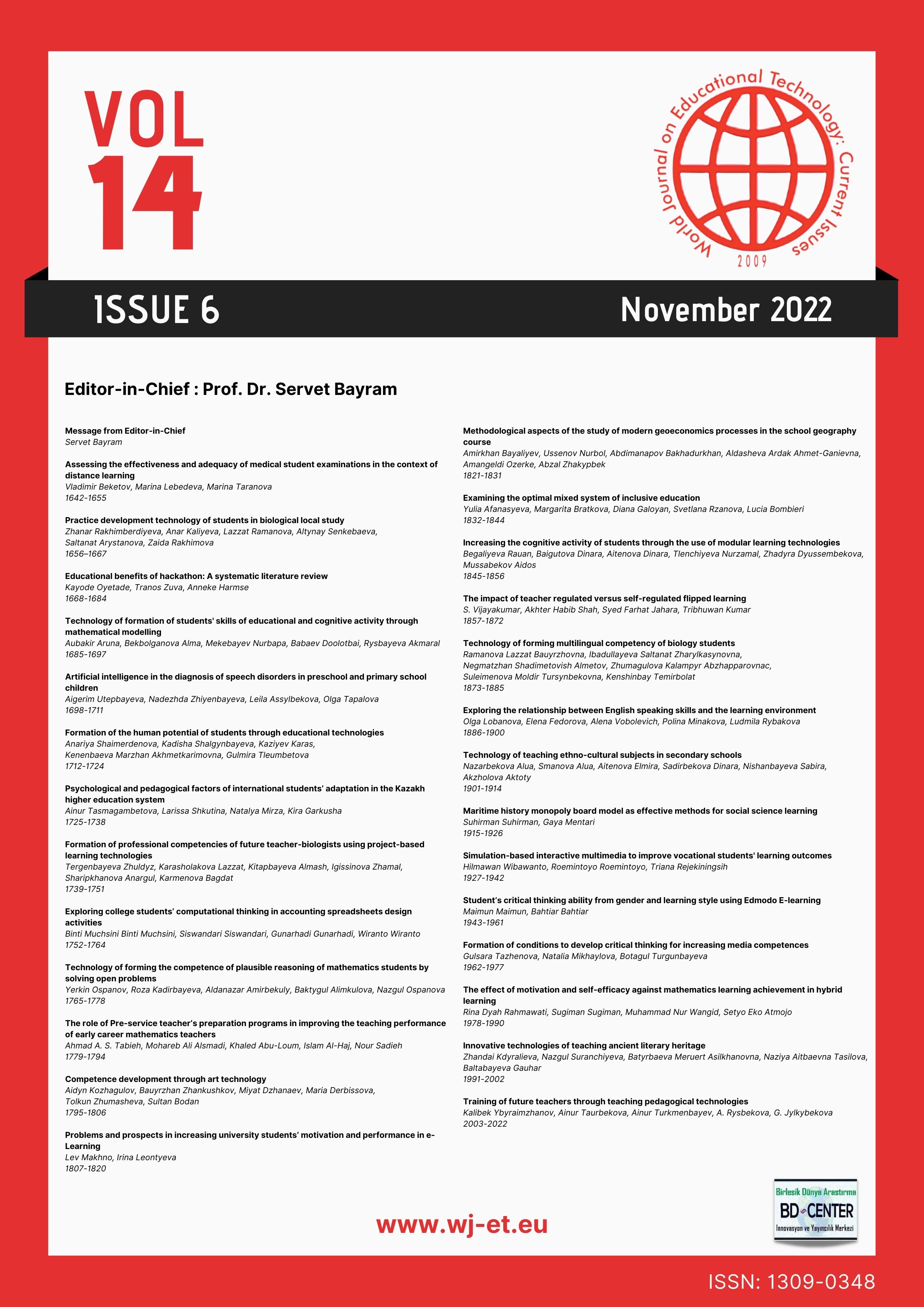Educational benefits of hackathon: A systematic literature review
Main Article Content
Abstract
Hackathons are said to promote a variety of innovative ideas and can be traced back to the idea of problem-solving. There is little research on the use of hackathons in classes to meet course-level learning objectives, despite the emphasis given to its advantages in other human efforts. By conducting a systematic literature review (SLR), this study uses the Preferred Reporting Items for Systematic Reviews and Meta-Analyses (PRISMA) statement criteria to better understand the advantages of hackathons in education. From an initial search result of 108 research publications obtained from Google scholar and Scopus databases and published between 2015 and 2022, 25 articles were reviewed. The findings point to three important educational advantages of hackathons: improvement of technical and soft skills, learning new things, and successful networking. The study has implications for academics and other interested parties in in adopting hackathons in an academic curriculum. It suggests a need to model and develop instruments to introduce hackathon-based pedagogies to support traditional classrooms.
Keywords: Educational support, hackathon, students, systematic review, teaching pedagogy.
Downloads
Article Details

This work is licensed under a Creative Commons Attribution 4.0 International License.
World Journal on Educational Technology: Current Issues is an Open Access Journal. The copyright holder is the author/s. Licensee Birlesik Dunya Yenilik Arastirma ve Yayincilik Merkezi, North Nicosia, Cyprus. All articles can be downloaded free of charge. Articles published in the Journal are Open-Access articles distributed under CC-BY license [Attribution 4.0 International (CC BY 4.0)].
Birlesik Dunya Yenilik Arastirma ve Yayincilik Merkezi (BD-Center)is a gold open-access publisher. At the point of publication, all articles from our portfolio of journals are immediately and permanently accessible online free of charge. BD-Center articles are published under the CC-BY license [Attribution 4.0 International (CC BY 4.0)], which permits unrestricted use, distribution, and reproduction in any medium, provided the original authors and the source are credited.
